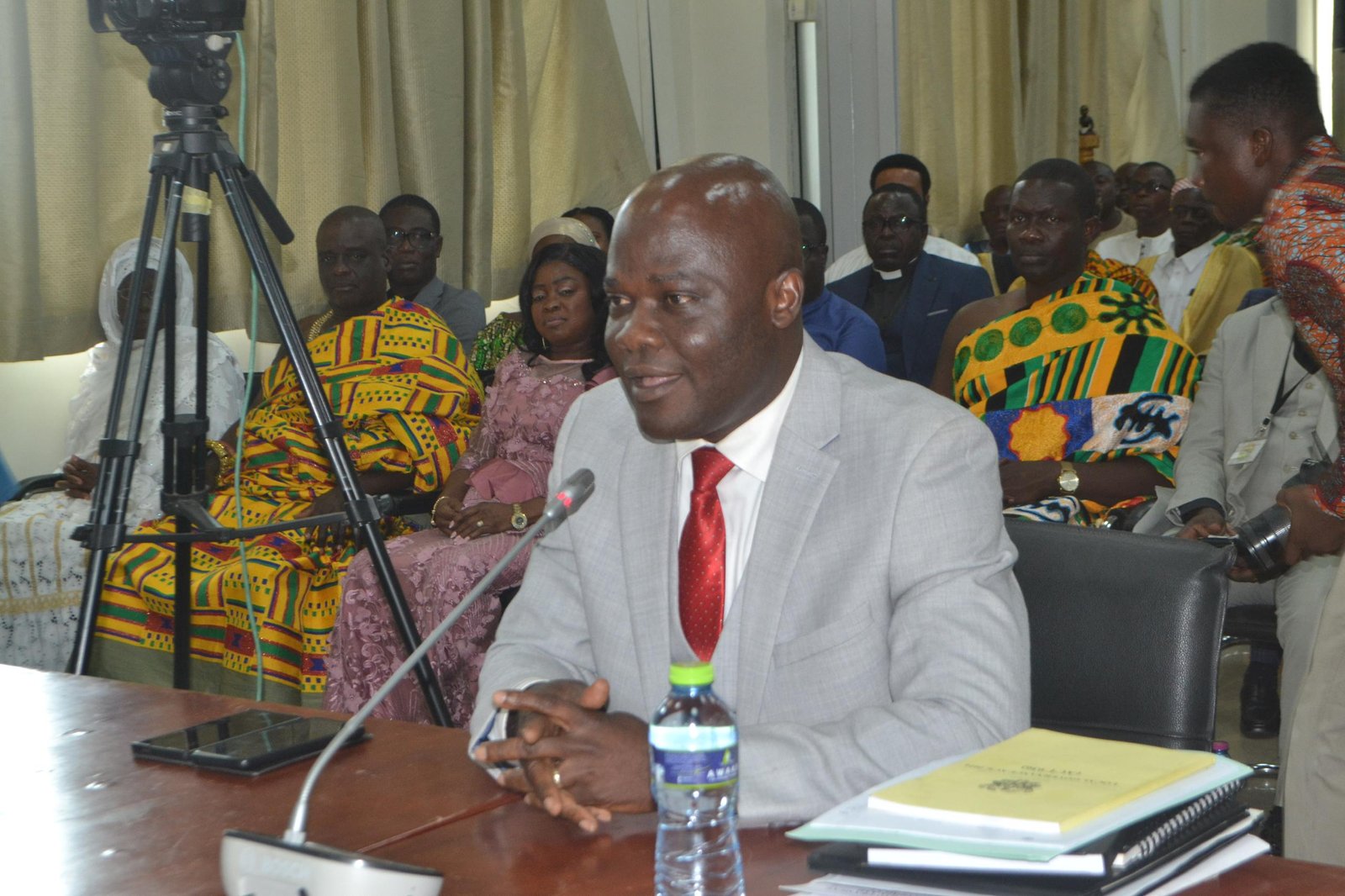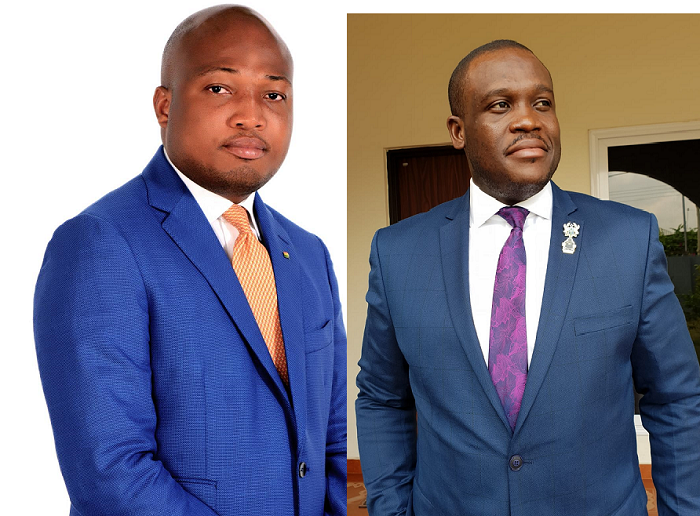ARTICLE AD
Economist and Professor of Finance, Prof Godfred A. Bokpin, has stated that the government's incessant imposition of taxes is a lazy approach to raising revenue, essentially leaving citizens financially repressed.
Speaking on Newsfile on JoyNews, he explained that although no one is against raising more money to support the economy, Ghanaians are feeling the pinch of paying new taxes introduced unpredictably.
"This is state-sponsored robbery. This is robbery that leaves the citizens financially repressed. It should not be accepted. I think in Ghana, we have allowed too many wrongs in this country," he noted.
Prof Bokpin said that it is important to explore optimal ways of raising revenue without compromising the ability of households to meet their needs and the private sector to remain competitive.
"Nobody can tell us that the only way out is to impose more taxes and taxes, as we have done. The more we impose taxes, the real effect in scaling up or our tax revenue to GDP ratio is not seen," he told the host, Samson Lardy Anyenini.
"This is a small open economy. We have more than 27 different tax handles. That is not the only thing. If since 2020 the taxes we have imposed, if you estimate the compliance cost to the taxpayer, it’s huge, configuring systems virtually every six months, there is no predictability," Prof Bokpin said.
The Economics lecturer said that the government should work harder to generate revenue for the people it aims to build the economy for.
"Are we not building it (economy) for Ghanaians? Are we not building it for Ghanaian private-sector businesses? What happens if by the time we achieve macroeconomic stability, half of Ghanaians have gone into poverty and have no way of reversing that? What economy is that? At the centre of it all are people and businesses."
"The banking sector spends millions of dollars to configure their system to allow the charging of E levy. Check the manufacturing sector, they pay so much and disruption to their production line just to fix their tax stamp or something. Virtually every six months, there's some level of disruption to planning, and to the production process. My considered view is that what Ghana is doing is not taxation," he added.
In January 2024, the government requested the Ghana Revenue Authority (GRA) to liaise with the two power distribution companies to transfer Value Added Tax (VAT) generated from consumers who have exceeded their lifeline power consumption.
In a press release, Finance Minister, Ken Ofori-Atta directed that the Electricity Company of Ghana (ECG) and the Northern Electricity Distribution Company (NEDCO) work with GRA to implement VAT on households that have consumed power above the maximum consumption level specified for block charges for the lifeline unit effective January 1, 2024.
On January 19, the Secretary-General of the Trades Union Congress (TUC), Dr Yaw Baah, said that labour cannot accept the imposition of the 15% Value Added Tax on lifeline electricity consumers as it is inimical to workers' welfare.
He wondered how the government thought it wise to further yoke the suffering worker, despite all the hardship, with the new tax.
"This country called Ghana, and all the resources we have, now the government doesn’t see anywhere else to tax; they are taxing our electricity also. Tomorrow they will tax our water, and we are not going to sit down for that to continue. That’s why I’m saying you are going to have a baptism of fire; we need to fight it until this thing is cancelled," Dr Baah said.

DISCLAIMER: The Views, Comments, Opinions, Contributions and Statements made by Readers and Contributors on this platform do not necessarily represent the views or policy of Multimedia Group Limited.

 
 
 
 
 
 
 
 
 

 1 year ago
92
1 year ago
92 

